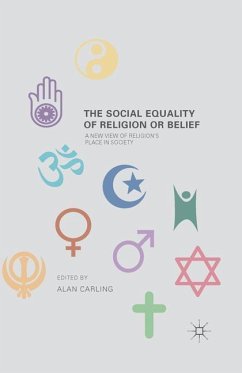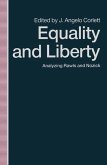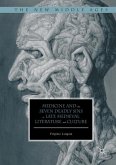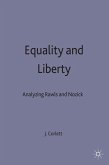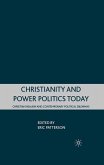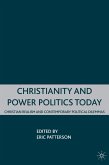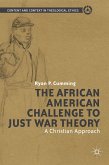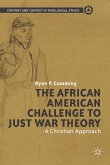Social equality of religion or belief protects individuals against discrimination related to their religious identity. It also requires the state to treat all religions and non-religious belief systems in a similar fashion, and to be even-handed in its treatment of religious identity, compared with other identities of gender, sexuality, race, disability or social caste.
It is clear, fair, firm and flexible in its approach, and its principles can be applied to economic, legal, political or cultural issues. It offers to promote the integration of different religious communities within a liberal framework of equality and human rights.
This book brings together a distinguished group of academics and practitioners to discuss the pros and cons of this approach, and its influence to date on a wide range of issues concerning religion's relation to the state both in Europe and in North and South America.
Hinweis: Dieser Artikel kann nur an eine deutsche Lieferadresse ausgeliefert werden.
It is clear, fair, firm and flexible in its approach, and its principles can be applied to economic, legal, political or cultural issues. It offers to promote the integration of different religious communities within a liberal framework of equality and human rights.
This book brings together a distinguished group of academics and practitioners to discuss the pros and cons of this approach, and its influence to date on a wide range of issues concerning religion's relation to the state both in Europe and in North and South America.
Hinweis: Dieser Artikel kann nur an eine deutsche Lieferadresse ausgeliefert werden.

